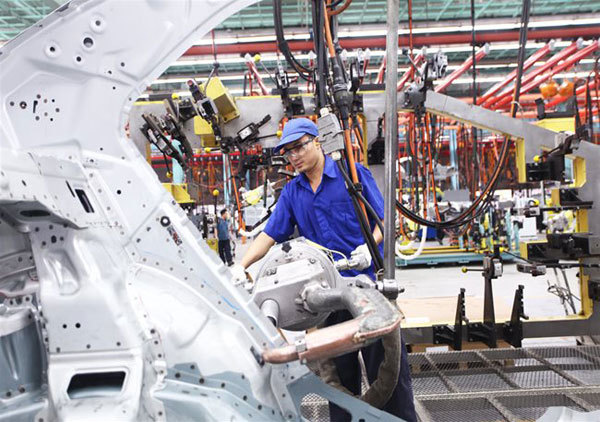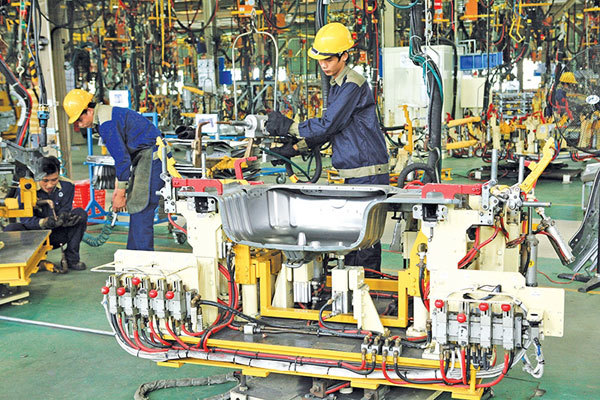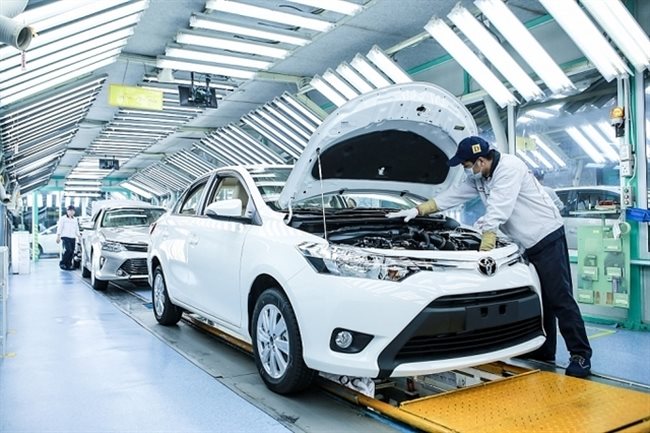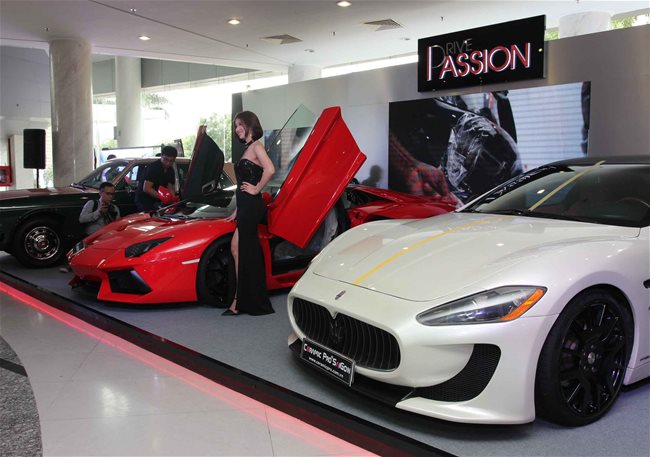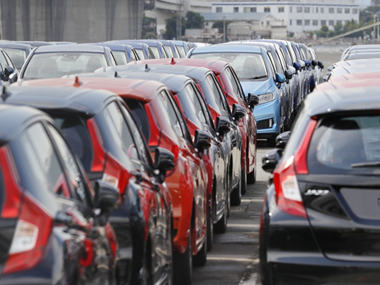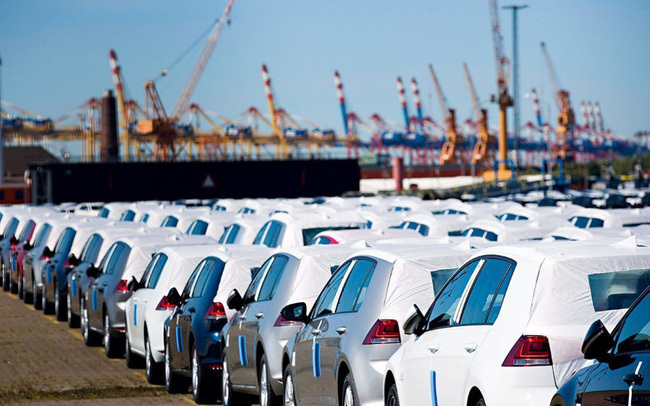- © Copyright of Vietnamnet Global.
- Tel: 024 3772 7988 Fax: (024) 37722734
- Email: evnn@vietnamnet.vn
auto industry
Update news auto industry
The dilemma of boosting localization in a small market
Resolution 115/2020/NQ-CP aims to fuel the growth of supporting industries, including those for cars. However, these policies are unlikely to change the supply chain of the auto industry and enhance localization given Vietnam’s small market.
Auto industry steers strategy towards wider supply chains
Vietnam’s automobile industry is transforming drastically but it still lacks scenarios to join the global supply chains after the COVID-19 pandemic.
Vietnam slashes auto registration fee by half
Prime Minister Nguyen Xuan Phuc has just signed Decree 70 allowing the cut of 50% of the registration fee for customers who buy locally-produced and assembled automobiles, effective June 28.
Car prices expected to drop in August
More people could afford imported cars from the EU when the EU-Vietnam Free Trade Agreement (EVFTA) takes effect from August 1.
Finance ministry drafts decree on cutting auto registration fees
 The Ministry of Finance is compiling a draft decree on lowering the registration fees of locally assembled or manufactured autos by 50% until the end of this year and will consult other ministries before submitting it to the Government for approval.
The Ministry of Finance is compiling a draft decree on lowering the registration fees of locally assembled or manufactured autos by 50% until the end of this year and will consult other ministries before submitting it to the Government for approval.
Import duties to be eliminated for auto parts
 The Ministry of Finance plans to eliminate the import tax for auto materials and parts in order to support the development of the country’s automobile industry.
The Ministry of Finance plans to eliminate the import tax for auto materials and parts in order to support the development of the country’s automobile industry.
Zero-percent taxed cars enter Vietnam, bring profits to Thais, Indonesians
 Vietnam has become a large market which earns billions of dollars for Thai and Indonesian manufacturers each year.
Vietnam has become a large market which earns billions of dollars for Thai and Indonesian manufacturers each year.
Vietnam spends billions on auto spare part imports
 Vietnam has continued spending billions of US dollars on importing auto spare parts as the local car industry failed to achieve it's localisation targets.
Vietnam has continued spending billions of US dollars on importing auto spare parts as the local car industry failed to achieve it's localisation targets.
Vietnam to become South Korean car part production center
Vietnam’s policy on tightening control over import and decreased domestic consumption as well as exports in South Korea have prompted South Korean investors to set their car part production bases in Vietnam.
Ministry's initiative: to make cars not yet manufactured in regional market
VietNamNet Bridge – The Ministry of Industry and Trade (MOIT) has proposed an original idea – manufacturing car models that other regional production bases do not make.
Industry Ministry admits failure in developing auto industry. So what's next?
The Ministry of Industry and Trade has admitted that the plan to develop an automobile industry of Vietnam has failed, but it still insists on protecting domestic assembling enterprises which work for foreign invested enterprises.
Vietnamese automakers dream of cars rolling on streets of Myanmar, Philippines
Vietnamese auto manufacturers are trying to increase the localization ratios in their products in order to enjoy preferential tariffs when exporting their cars to ASEAN countries.
Vietnamese auto manufacturers swim against the stream
VietNamNet Bridge - Thanh Cong and Truong Hai are determined to export cars, despite a cut in import tariffs on cars scheduled to take effect in 2018.
Vinaxuki's demise reflects problems in economy
Ninety-six percent of Vietnam’s enterprises are small businesses, with the majority having 10 workers or less. Only 2 percent of enterprises are large in size, while another 2 percent are medium size.
Would Vietnamese automakers prosper if foreign counterparts leave?
VietNamNet Bridge - Economists and representatives of Vietnamese automobile enterprises believe the threatened departure of foreign automobile manufacturers would not be a problem for Vietnam.
Foreign associations concerned about Vietnam visa policy
VietNamNet Bridge – Representatives of foreign business associations have expressed concern over Vietnam’s visa policy, claiming their member enterprises are having problems with short-stay visa and strict entry regulations.
Ministries urged to complete auto industry development plan
VietNamNet Bridge – Deputy Prime Minister Hoang Trung Hai has called on relevant ministries to work closely with the Japanese embassy over the drafting of an action plan for automobile industry development
Ministries disagree on taxation rate on luxury cars
VietNamNet Bridge – As the ministries of Finance and Industry and Trade still disagree on tax policies, automobile manufacturers have no other choice than to keep a wait-and-see attitude.
Vietnamese consumers shun low-cost cars, see them as ‘low quality’
VietNamNet Bridge – Most low-cost cars introduced in Vietnam have failed to win the hearts of consumers, as many Vietnamese equate low-cost with low-quality.
BUSINESS IN BRIEF 28/7
Opportunities await rice exporters; Vietnamese auto industry aims high by 2020; Foreign funds seek to invest in local tech firms; Vietnam looks to restructure transport sector by 2020; Major coastal apartment and resort projects in Danang stalled
